A Failed African Peace Mission to Ukraine and Russia
Cyril Ramaphosa and other leaders picked an inopportune moment to push for a truce.
Welcome to Foreign Policy’s Africa Brief.
Welcome to Foreign Policy’s Africa Brief.
The highlights this week: The U.S. Congress considers punishing South Africa, Sierra Leone votes, and a governor is killed in Darfur as Sudan’s conflict spreads.
Have feedback? Hit reply to let me know your thoughts.
African Mission Seeking Cease-Fire Flops
African leaders’ peace mission to Ukraine and Russia last week was greeted with firm refusals from both sides when it came to calling a cease-fire.
The African delegation—including the presidents of Comoros, Senegal, South Africa, and Zambia as well as Egypt’s prime minister and envoys from the Republic of Congo and Uganda—held talks with Ukrainian President Volodymyr Zelensky on Friday and Russian President Vladimir Putin on Saturday in an attempt to mediate an end to the war.
The group’s arrival in Kyiv was marked by Russian air raids. Zelensky underscored that his country would not negotiate while Moscow continued its invasion.
“To allow any negotiations with Russia now, when the occupier is on our land, means freezing the war, freezing the pain and suffering,” Zelensky said in a news conference after the meeting.
Senegalese President Macky Sall responded, saying: “We do understand, Mr. Zelensky, your position because your country is occupied, and for you, military action is a way out of the situation. But we are thinking that when you’re fighting, you still probably need to have place for a dialogue.”
Egyptian President Abdel Fattah al-Sisi, Ugandan President Yoweri Museveni, and Republic of Congo President Denis Sassou Nguesso pulled out of the mission hours before departure. (Museveni was diagnosed with COVID-19 while Sassou Nguesso had lobbied without success to delay the peace mission due to the launch of Ukraine’s counteroffensive.)
The delegation has said African neutrality in the war and soaring global food and fertilizer prices, which have particularly impacted Africa, puts them in prime position to mediate “for de-escalation.” Sall said: “We don’t want to be aligned on this conflict. Very clearly, we want peace. … That’s the African position.”
It was a sentiment echoed by South African presidential spokesperson Vincent Magwenya in a video posted to Twitter before the meeting. “This mission serves to seek a road to peace that will alleviate the suffering that has been experienced by people in Ukraine,” Magwenya said. Indeed, South African President Cyril Ramaphosa, who led the delegation, sought to strike a neutral tone and quoted Nelson Mandela several times during the news conference with Zelensky.
“This conflict is affecting Africa negatively,” Ramaphosa said.
For many observers, three of the nations involved are not neutral—Egypt, South Africa, and Uganda are closely tied to Russia—Cairo and Kampala through arms purchases and Pretoria through the BRICS grouping of nations and an alleged shipment of arms that recently caused a diplomatic spat with Washington.
Ukraine has made significant efforts to woo African leaders, knowing that the continent could be key in propping up a heavily sanctioned Russia. Even so, the timing for this peace mission was disastrously misjudged: In early June, as Kyiv began its counteroffensive, a major dam held by Russian forces in Ukraine’s south collapsed, with Kyiv accusing Russia of intentionally blowing it up.
Despite an economic nosedive caused by chronic energy shortages in South Africa, Ramaphosa’s African National Congress party has busied itself with finding ways of avoiding the arrest of Putin when Johannesburg hosts the BRICS summit in August. The second Russia-Africa summit takes place next month in St. Petersburg. Ramaphosa also announced the peace mission just days after the U.S. ambassador to South Africa had accused the country of supplying weapons to Russia, which South Africans officials denied.
Even before heading into Ukraine, Polish authorities had refused to allow about 100 South African security officials and around a dozen journalists to get off a chartered plane at Warsaw airport, leaving them stranded for 26 hours on the tarmac. Poland’s foreign ministry issued a statement saying that “dangerous goods were on board the plane” and that South African officials had not notified them beforehand of additional “persons on board the aircraft.”
The South African government said these were security guards and weapons supposed to accompany Ramaphosa into Ukraine. Ramaphosa’s security head accused Poland of racism because Polish officials refused to accept paperwork for the weapons and of trying to “sabotage” the mission.
The African delegation had proposed a 10-point plan for de-escalation in which Moscow would withdraw its forces from occupied Ukrainian territory, respect sovereignty, and allow a prisoner exchange, the return of children taken from Ukraine, and the free flow of grain and fertilizer to the global market.
But there is little chance of the Kremlin withdrawing as Ukraine demands. Moscow insists that Ukraine accept Russian sovereignty over the lands it has occupied and that it not join NATO.
Putin said the West, not Russia, was responsible for the sharp rise in global food prices and that Moscow was not preventing any Ukrainian children from returning home. “We took them out of a conflict zone, saving their lives,” he said during his meeting with the delegation.
Putin has sought to capitalize on Africa’s historical ties to the Soviet Union, when the leaders of African independence movements sought and received help from Cuba and Moscow. But as Ana Naomi de Sousa writes in Al Jazeera, at the time some members of the Non-Aligned Movement “saw both Soviet and Cuban intervention as another form of colonialism.”
While the visit was unlikely to change the positions of either Ukraine or Russia, the view from most African officials I’ve talked to is that each side is fighting an unwinnable war and some form of dialogue is necessary. Whether the African delegation should be leading that dialogue is open for debate. Many citizens of countries in Africa believe that the continent has enough of its own problems and leaders should prioritize mediating the conflicts in Sudan, Congo, and others across the Sahel.
The Week Ahead
Wednesday, June 21, to Friday, June 23: The African Union hosts the Pan-African Network Conference on Fighting Illicit Financial Flows in Africa in Addis Ababa, Ethiopia.
Saturday, June 24: General elections take place in Sierra Leone.
Saturday, June 24, to Sunday, June 25: Indian Prime Minister Narendra Modi visits Egypt.
Tuesday, June 27: Equatorial Guinea’s president, Teodoro Obiang Nguema Mbasogo, visits Russia.
What We’re Watching
Sierra Leone heads to polls. On Saturday, incumbent Sierra Leonean President Julius Maada Bio will be seeking reelection against main opposition challenger Samura Kamara. Both competed in the last presidential election in 2018, in which Kamara was the runner-up. The winner needs at least 55 percent of the vote. Yet the run-up to voting has been marred by anti-government protests with calls for Bio, a former military head of state, to step down.
Kamara, who has served in various ministerial positions, is running while facing corruption charges for allegedly embezzling public funds within a $4.2 million renovation project of Sierra Leone’s chancery building in New York during his time as foreign minister. His case is set to be heard in court by mid-July. Bio is pledging improvements to education and agriculture, while Kamara has said he will reverse Bio’s misrule.
Mali votes on constitution. Malians on Sunday cast their ballots on a new draft constitution, which the country’s military junta has said will pave the way for democratic elections in 2024. But critics have called it a delay tactic to avoid a swift return to civilian rule. The proposed draft constitution would create a two-chamber parliament, the National Assembly and the Senate—a change from the current unicameral National Assembly.
The draft would also give the president and the army sweeping powers, and analysts have suggested that army ruler Assimi Goita and other coup leaders intend to run in elections. The proposed new changes have been denounced as a “constitutionally-enshrined coup mechanism.” Provisional results were not available at the time of writing and are expected by Wednesday.
U.S. Congress seeks to punish South Africa. A bipartisan group of U.S. lawmakers have asked the Biden administration to punish South Africa for its support of Russia, according to a letter published in the New York Times.
The lawmakers said South Africa’s joint military exercises with Russia and China, planned hosting of the BRICS summit, and alleged shipment of weapons to Moscow via a U.S.-sanctioned ship all called into question its eligibility to receive preferential trade benefits under the African Growth and Opportunity Act (AGOA). They suggested moving an AGOA meeting in November from South Africa to another country. South Africa considers itself a staunch defender of a multipolar order, and Ramaphosa’s government has called Washington’s criticism of it akin to “bullying.”
South Africa’s crumbling economy cannot afford a diplomatic conflict with the United States as the largest beneficiary of AGOA. At the same time, Pretoria holds significant sway in Africa, and punishing it would reinforce African leaders’ perception that the U.S. government is strong-arming African nations to adopt its view of the war.
The Ethiopia peace deal was brokered by the African Union in Pretoria with leadership from the South African government. Ostracizing South Africa could continue to chip away at U.S. influence across the region.
Darfur governor killed. Security analysts are sounding the alarm at incidents of ethnically targeted killings and widespread sexual violence being carried out in West Darfur state by the paramilitary Rapid Support Forces during the group’s war with Sudan’s army. The Masalit governor of West Darfur, Khamis Abbakar, was killed on June 14 hours after giving a TV interview criticizing the RSF and describing an unfolding “genocide.”
The United Nations mission to Sudan said in a statement that “[c]ompelling eyewitness accounts” suggest “Arab militias and the Rapid Support Forces” were responsible for Abbakar’s death. RSF leader Mohamed Hamdan Dagalo, known as Hemeti, was chief of the janjaweed, a conglomeration of Arab militias accused of murder, rape, and torture in Darfur in the early 2000s.
A video circulated online showed Abbakar’s body in blood-soaked clothes. Both Sudan’s army and the RSF blamed each other for the killing. Security analysts believe the only way to end the war is an arms embargo enforced by the U.N., the East African trade bloc known as IGAD, the United States, and the African Union. This is because U.S. targeted sanctions have no real influence on Sudan’s warring generals as both are supported by Arab and regional states.
This Week in Music
Nigerian musical artist Chukwuma Ekweani (R) also known as “CKay” performs alongside South African musician and dancer Moonlight Sanelly during The Gidi Culture Festival in Lagos on April 20, 2019. Emmanuel Arewa/AFP via Getty Images
Next year’s Grammy Awards will feature an award for Best African Music Performance as one of three new categories introduced to reflect the evolving music industry. Contemporary African pop music such as Afrobeats from Nigeria and Ghana and Amapiano from South Africa has become popular around the world. Artists including Beyoncé, Drake, and Ed Sheeran have collaborated with African Grammy Award winners such as Nigeria’s Burna Boy and Wizkid.
In 2021, Nigerian artist CKay’s single “Love Nwantiti” became a Top 40 hit in the United States. Meanwhile, at this year’s awards, South Africa’s Zakes Bantwini, Nomcebo Zikode, and Wouter Kellerman won a Grammy for their song “Bayethe.” But those artists were previously relegated to the “world music” category, renamed in 2020 to “global music” to curb “connotations of colonialism,” according to the Recording Academy, the organization behind the Grammys.
The latest changes “reflect our commitment to actively listen and respond to the feedback from our music community, accurately represent a diverse range of relevant musical genres, and stay aligned with the ever-evolving musical landscape,” Recording Academy CEO Harvey Mason Jr. said last week. Today, Western audiences are accustomed to encountering African languages, dance, and culture through its pop music. Analysts suggest Nigeria in particular has not fully utilized the soft-power potential it generates through music to further its diplomatic and economic interests.
FP’s Most Read This Week
The United States Is Creating a Kosovo Crisis by Edward P. Joseph
Why Putin Will Never Agree to De-escalate by Maxim Samorukov
The Next Global Superpower Isn’t Who You Think by Ian Bremmer
Chart of the Week
African countries are shifting toward more profitable sectors such as services, according to a recent report by the McKinsey Global Institute. In 2019, about half of Africa’s workforce was employed in agriculture, a low-income sector, contributing just 15 percent to the continent’s economic output.
According to McKinsey, boosting the African services sector is critical to stimulating economic growth. Productivity in Africa’s services sector is the lowest in the world, valued at $7,200 in 2019 compared with $17,700 in Latin America. African nations also trade far less with each other than they do with Europe, the United States, and China. Just 10 percent of all African imports are between African countries.
What We’re Reading
Senegal’s exceptionalism. Having never experienced a coup since independence from France in 1960, Senegal has been a stalwart of democracy in West Africa. Elodie Toto argues in Foreign Policy that Senegalese President Macky Sall’s apparent pursuit of an unpopular third term, as well as protests over the sentencing of his main challenger Ousmane Sonko, is putting the country’s stability at risk. The “country’s political structure is becoming less stable. The anger is palpable. All it would take is a spark for this powder keg to ignite,” Toto writes.
Wagner in Libya. In African Arguments, Khaled Mahmoud argues that Washington’s obsession with the Russian paramilitary Wagner Group has hampered any real progress in Libya’s political stalemate. In meetings, U.S. officials have focused on putting pressure on leaders in Egypt, the United Arab Emirates, and Libya to end their dealings with Wagner, but the political division continues in Libya between Prime Minister Abdul Hamid Dbeibah and his eastern-based rival, Fathi Bashagha.
Nosmot Gbadamosi is a multimedia journalist and the writer of Foreign Policy’s weekly Africa Brief. She has reported on human rights, the environment, and sustainable development from across the African continent. Twitter: @nosmotg
More from Foreign Policy

Russians Are Unraveling Before Our Eyes
A wave of fresh humiliations has the Kremlin struggling to control the narrative.
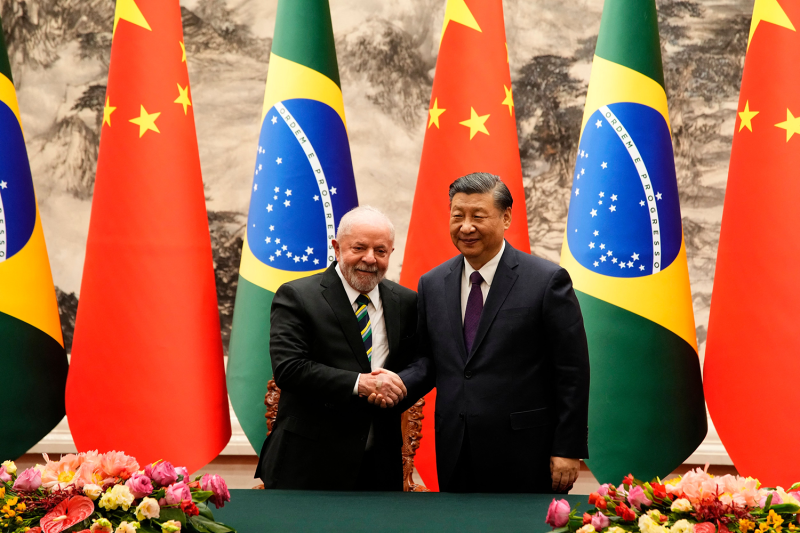
A BRICS Currency Could Shake the Dollar’s Dominance
De-dollarization’s moment might finally be here.
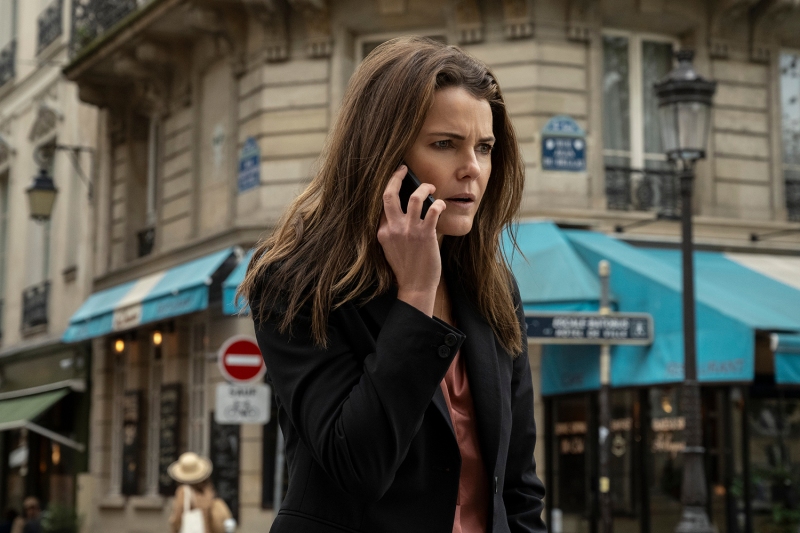
Is Netflix’s ‘The Diplomat’ Factual or Farcical?
A former U.S. ambassador, an Iran expert, a Libya expert, and a former U.K. Conservative Party advisor weigh in.
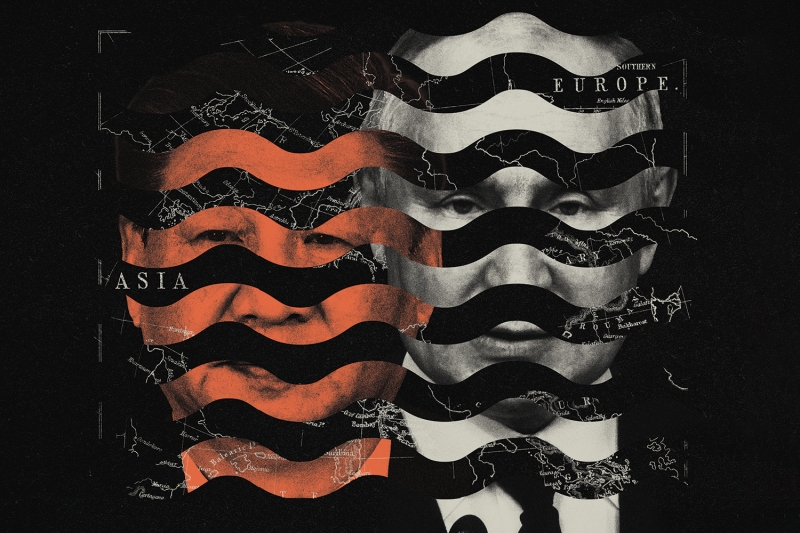
The Battle for Eurasia
China, Russia, and their autocratic friends are leading another epic clash over the world’s largest landmass.

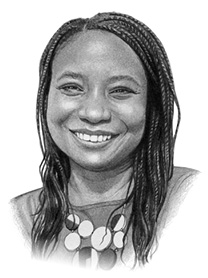

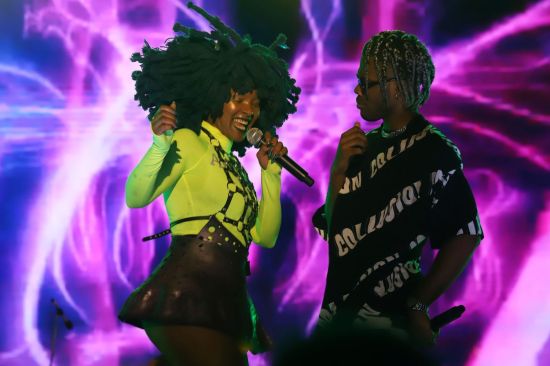
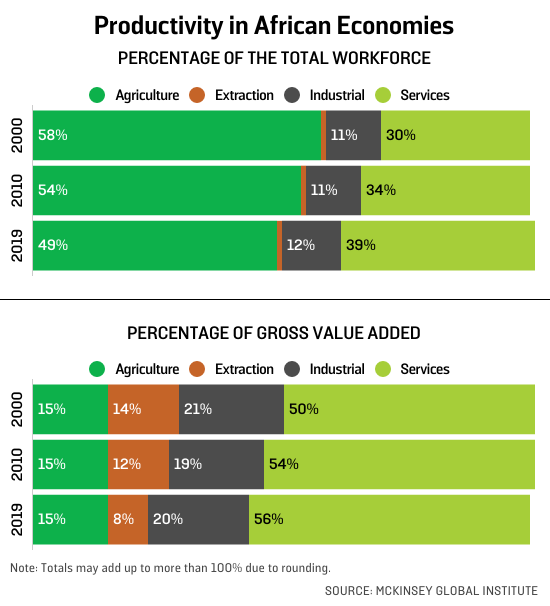
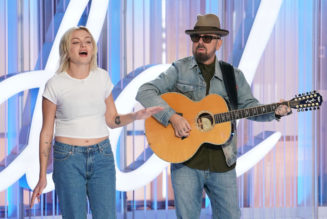
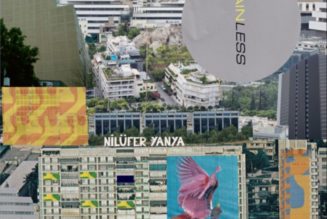
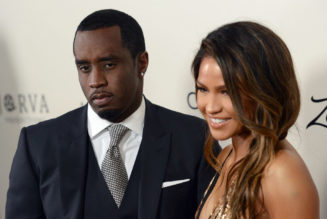
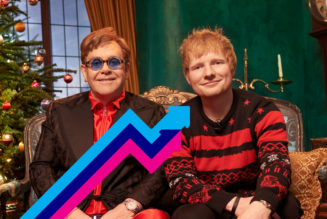
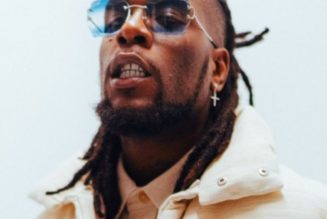

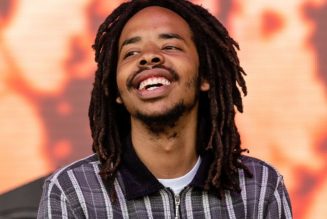
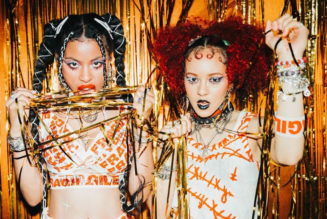
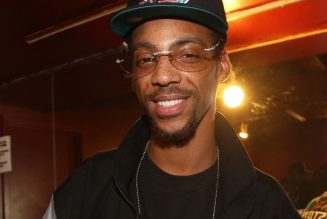
Join the Conversation
Commenting on this and other recent articles is just one benefit of a Foreign Policy subscription.
Already a subscriber? .
Subscribe Subscribe
View Comments
Join the Conversation
Join the conversation on this and other recent Foreign Policy articles when you subscribe now.
Subscribe Subscribe
Not your account?
View Comments
Join the Conversation
Please follow our comment guidelines, stay on topic, and be civil, courteous, and respectful of others’ beliefs.